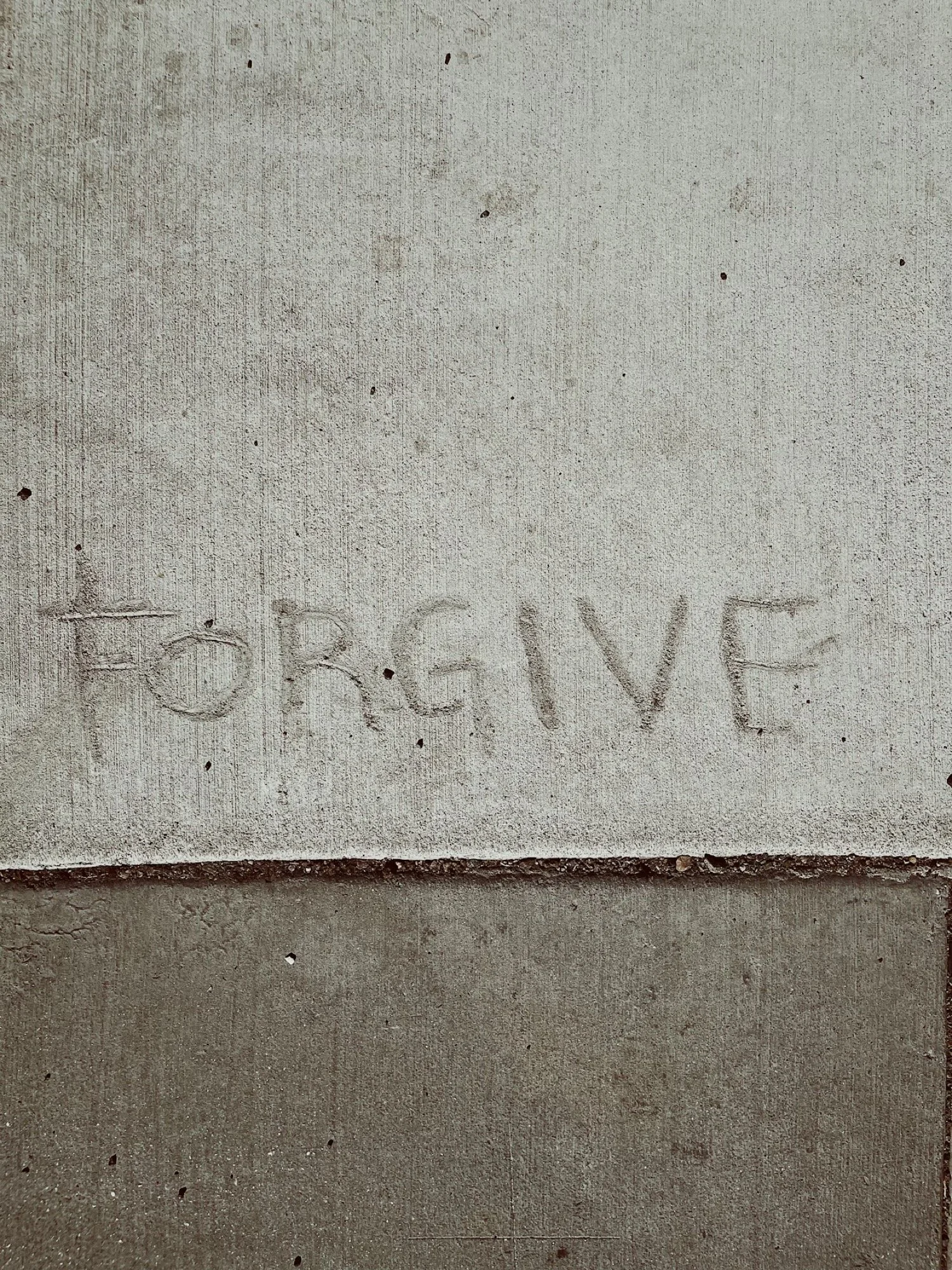Readings for today: Leviticus 26-27, Numbers 1-2
Wow. You’ve just finished Leviticus! Well done! Your reward? You now get to read Numbers! ;-) In all seriousness, this is one of the harder stretches of the Bible for sure. But if we persevere, we reap the rewards of our reading. Take our passage for today which describes the purpose of the Law.
Theologically speaking, God’s law serves three distinct purposes. The first is to act like a mirror. It mirrors the perfect righteousness of God as well as our imperfect unrighteousness and reveals our desperate need for Christ. Second, the law restrains evil. While the law itself cannot change human hearts, it can protect the vulnerable from oppression. The righteous from the unjust. The third purpose of the law is to train us on how to live for God’s glory alone. To show us what it means to bring Him honor in all we say and do. As we finish Leviticus today, we see all three of these “purposes” on display.
In verses 1-13, God lays out the blessings of obedience. “If you live by my decrees and obediently keep my commandments, I will send the rains in their seasons, the ground will yield its crops and the trees of the field their fruit…I’ll make the country a place of peace—you’ll be able to go to sleep at night without fear; I’ll get rid of the wild beasts; I’ll eliminate war. You’ll chase out your enemies and defeat them…I’ll give you my full attention: I’ll make sure you prosper, make sure you grow in numbers, and keep my covenant with you in good working order…I’ll set up my residence in your neighborhood; I won’t avoid or shun you; I’ll stroll through your streets. I’ll be your God; you’ll be my people.” (Leviticus 26:3-13 MSG) It’s a beautiful picture of what happens when we commit our way to God and something Jesus Himself reinforces when He commands His disciples to “seek first the Kingdom of God and His righteousness and all the rest will be added unto you.” (Matthew 6:33)
The script flips in verses 14-39 where God invokes the second purpose of the law. “But if you refuse to obey me and won’t observe my commandments, despising my decrees and holding my laws in contempt by your disobedience, making a shambles of my covenant, I’ll step in and pour on the trouble: debilitating disease, high fevers, blindness, your life leaking out bit by bit…I’ll discipline you seven times over for your sins. I’ll break your strong pride: I’ll make the skies above you like a sheet of tin and the ground under you like cast iron. No matter how hard you work, nothing will come of it…If you defy me and refuse to listen, your punishment will be seven times more than your sins…And if even this doesn’t work and you refuse my discipline and continue your defiance, then it will be my turn to defy you. I, yes I, will punish you for your sins seven times over: I’ll let war loose on you, avenging your breaking of the covenant; when you huddle in your cities for protection, I’ll send a deadly epidemic on you and you’ll be helpless before your enemies…And if this—even this!—doesn’t work and you still won’t listen, still defy me, I’ll have had enough and in hot anger will defy you, punishing you for your sins seven times over…I’ll abhor you; I’ll turn your cities into rubble; I’ll clean out your sanctuaries; I’ll hold my nose at the “pleasing aroma” of your sacrifices. I’ll turn your land into a lifeless moonscape…I’ll scatter you all over the world and keep after you with the point of my sword in your backs…You’ll perish among the nations; the land of your enemies will eat you up. Any who are left will slowly rot away in the enemy lands. Rot. And all because of their sins, their sins compounded by their ancestors’ sins.” (Leviticus 26:14-39 MSG) If we reject God’s law, He becomes our adversary. He disciplines. He punishes. He gives us over to the consequences of our sin and removes His protective hand.
Finally, as chapter 26 comes to a close, we see the first purpose of the law on full display. “On the other hand, if they confess their sins and the sins of their ancestors, their treacherous betrayal, the defiance that set off my defiance that sent them off into enemy lands; if by some chance they soften their hard hearts and make amends for their sin, I’ll remember my covenant with Jacob, I’ll remember my covenant with Isaac, and, yes, I’ll remember my covenant with Abraham. And I’ll remember the land…in spite of their behavior, while they are among their enemies I won’t reject or abhor or destroy them completely. I won’t break my covenant with them: I am God, their God. For their sake I will remember the covenant with their ancestors whom I, with all the nations watching, brought out of Egypt in order to be their God. I am God.” (Leviticus 26:40-45 MSG) The reality is God’s people will not be able to fulfill God’s law and this is by design. God is teaching us that righteousness and holiness are beyond us. He brings us to our knees in what I call “holy despair.” He drives us to the end of ourselves. The end of our strength. The end of our ability. The end of our self-sufficiency. All so we get to a point where we cry out to Him for mercy and grace and turn to Christ. This is the beauty of the law.
So here’s the most important question as you finish Leviticus...do you find yourself resenting the Law of God? Dismissing the Law of God? Or do you find yourself overwhelmed by a deep sense of inadequacy before the Lord? If it’s the former, I would encourage you to go to prayer and ask God to soften your heart towards Him. If it’s the latter, be encouraged that you are drawing ever closer to Christ and He stands ready to take your place!
Readings for tomorrow: Numbers 3-5




